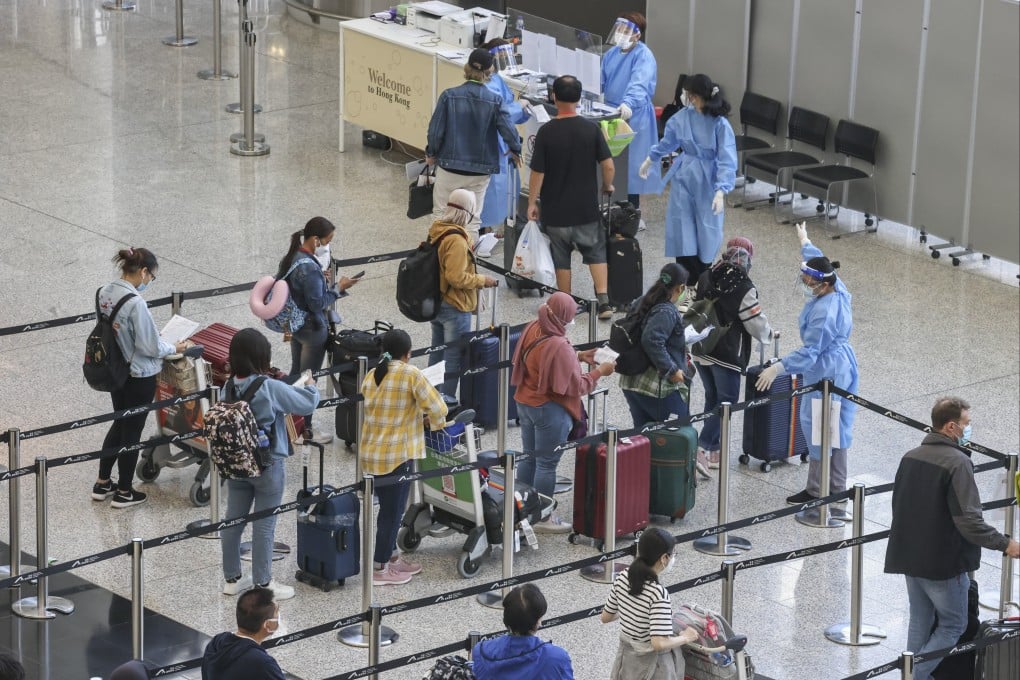Can Hong Kong become an innovation hub for China if closed borders remain the norm? Industry executives see challenges
- Normal travel between Hong Kong and Shenzhen has been halted for two-and-a-half years due to an anti-pandemic border closure
- For example, the start-up funding process at Cyberport has become more complicated during the pandemic, executive says

China’s ambition to turn Hong Kong into a leading hub for technological innovation is being stymied by the continued closure of the border between the city and the mainland, according to industry executives.
Normal travel between Hong Kong and Shenzhen has been halted for two-and-a-half years due to an anti-pandemic border closure, meaning that a lofty vision to integrate the two cities to help China’s technology progress is becoming difficult to realise.
For example, the start-up funding process at Cyberport, one of Hong Kong’s biggest government-run incubators, has become more complicated during the pandemic, said Peter Yan, chief executive officer of the tech hub, during a panel discussion last week at the South China Morning Post’s event Redefining Hong Kong.
Cyberport normally provides funding to start-ups under the condition that they achieve certain milestones or deliverables, such as having their products and services accepted by customers, said Yan.
But getting that acceptance “has become very difficult” for its start-ups because of travel restrictions, as their customers are usually in mainland China or overseas, Yan said.
“Let’s be honest, it’s not easy. It’s challenging,” said Ben Wong, head of open innovation at Eureka Nova, a technology start-up incubator run by property conglomerate New World Development, at the same event. “More and more so, we’re seeing start-ups [whose team members] have never met each other before.”
